TF–15
„Grandfather attended a performance of Lessing’s ‚Nathan the Wise‘ in 1855. This work, in which such comprehensive humanity and religious tolerance are expressed, seemed to have made such a lasting impression on him that he moved from the extreme orthodoxy of his youth to an absolute freedom of religious thought and tolerance.“ So wrote Louise Heidelberg in her biography of her grandfather, the Mannheim and Lorsch entrepreneur Lazarus Morgenthau. Lessing had initially published the play privately in 1779, and a first – non-public – performance took place in Mannheim. The Jewish philosopher and Enlightenment philosopher Moses Mendelssohn served Lessing as the model for Nathan. In fact, the Enlightenment and state tolerance soon had an effect on rural Jewry as well. Above all, because economic opportunities could be exploited, such as land acquisition and relative freedom of trade. In 1911, Moritz Mainzer explicitly attributed the improvement in the living conditions of his Lorsch ancestors to the reform process begun by Erthal in 1784. However, nothing changed for the Jewish precariat, the many wandering Jews without letters of protection. Where they were tolerated, they depended on the charity of their fellow Jews. During the Napoleonic Wars of Liberation, Jews also fought for their personal freedoms. They were again disappointed by the states of the German Bund. In 1848, their representatives in the Frankfurt National Assembly then vehemently advocated civic equality. Gabriel Riesser, a lawyer and publicist in Hamburg and Frankfurt, and Johann Jacoby, a physician from Königsberg, who told Prussia’s Frederick William IV to his face during an audience in the revolutionary year, became famous: „That is the misfortune of kings, that they do not want to hear the truth.“ But it was not until the Reich Constitution of 1871 that Jews throughout Germany finally gained unrestricted civil rights.
